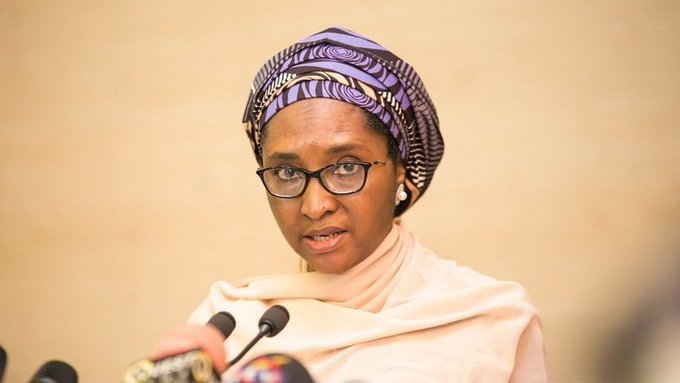
States in Nigeria are in dire straits and desperately looking for means to pay salaries and cover budget expenses amid dwindling allocation from the federation account.
The revenue allocation to federal, state and local governments declined from a peak of N970.57bn in July 2021 to N680.783bn in May 2022, representing a 30 per cent reduction over the period.
The decrease in allocation to these levels of government reveals the fiscal challenges facing various levels of government in Africa’s biggest economy.
Nigeria earns its biggest revenue from crude oil, but it has paid N2.1tn in the first six months of the year and could pay another N4tn by the end of the year, according to the International Monetary Fund estimates.
The situation is worsened by declining oil production and theft. Oil production fell to 1.2 million barrels per day in April 2022 from 1.238 million barrels in March, according to OPEC Monthly Oil Market Report.
This is far from the oil benchmark of 1.88 million barrels per day in the 2022 budget.
Latest data from the Central bank of Nigeria also showed that States debts have increased to N1.24 trillion from just over N14 billion in April 2016.
